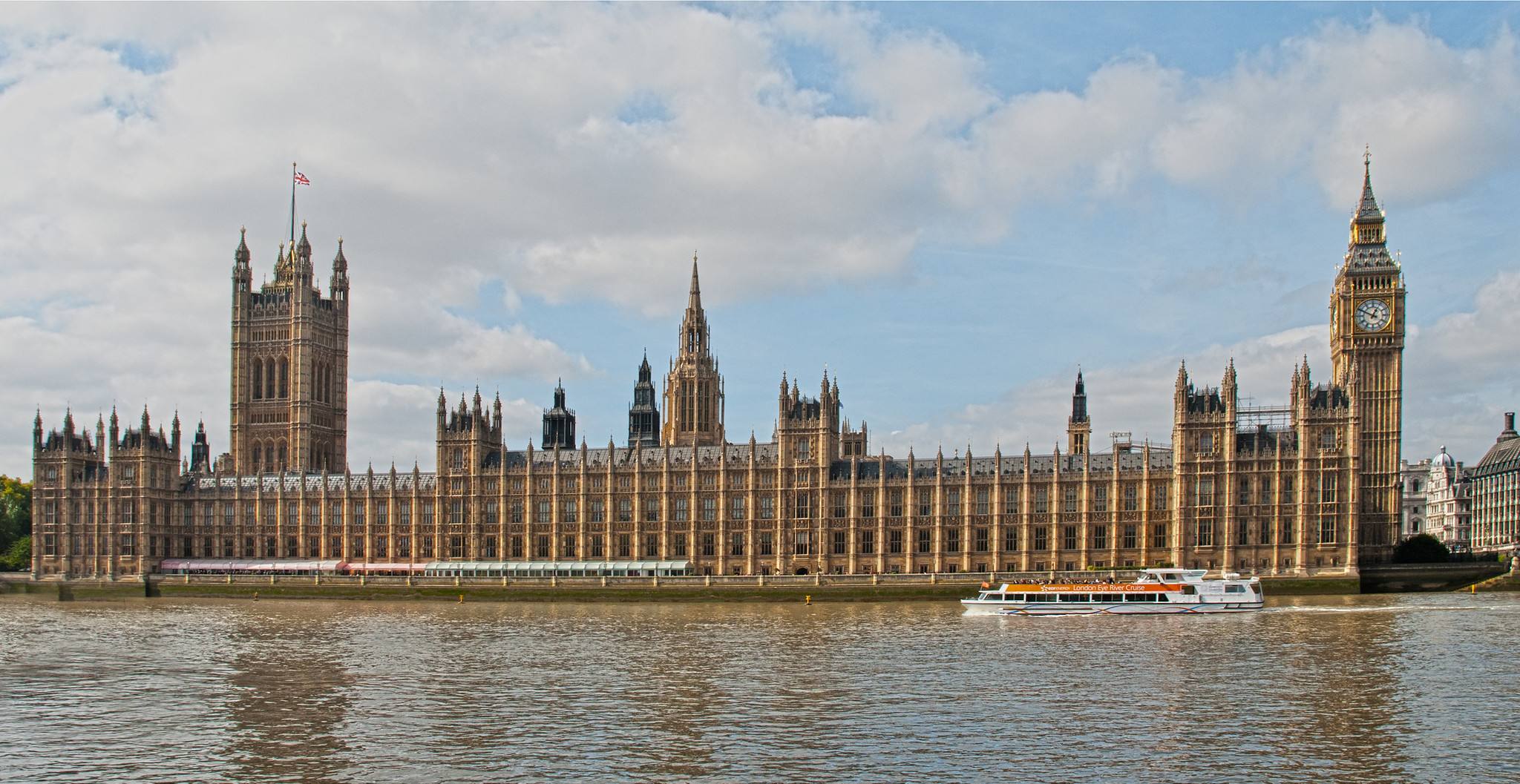
Comment Writer Luke Wheeler discusses the effects of COVID-19 on politics, arguing that even during these uncertain times, the government should be held accountable for its actions
The coronavirus pandemic has flipped society on its head. Across the globe, governments have taken unprecedented actions to decelerate and hopefully halt the spread of COVID-19. Citizens in lockdowns watch on as their governments and health services attempt to tackle a public health emergency unlike any other in the last century.
Here in the UK, politics as usual has been suspended. Prime Minister Boris Johnson, senior members of his cabinet and government scientific advisors are held to account daily for their chosen courses of action and inaction. Some call for the Prime Minister to be cut some slack, that the strain of the crisis is evidently taking its toll on him personally, and that we should applaud him for his efforts thus far. Such empathy is commendable, especially given the levels of abuse that politicians often face, but such statements are arguably an absolution, a call away from scrutiny. Even in times as abnormal and uncertain as these, the government must still be held accountable for its actions
This pandemic has fundamentally warped the fabric of people’s lives, and the power the government holds over people’s ability to remain afloat or sink entirely has never been more evident. In the case of democracies like our own, the government possesses as much power as individuals see fit to cede to it. The circumstances of our current state of affairs see us relinquishing an hitherto unheard-of amount of power over our lives, exponentially increasing the government’s power, and subsequently our scrutiny must grow exponentially too. This growth is a necessity, the checks and balances that the people possess over government must be maintained in order to ensure that all options are considered and all opinions taken into account. Moreover, this scrutiny is of paramount importance in ensuring that power is returned to those who ceded it, and is not abused. This does not mean, however, that credit should not be given if it is due, but truth must still be spoken to power regardless of the scale of events- every round of applause for the NHS is incontrovertibly deserved, but the power of the ballot is perhaps the only true way to show our gratitude.
This crisis has exposed the nature of our socio-political structure. The inherent precariousness of work, a sudden shock rendering you unable to afford food, rent or utilities. The fact that the government and businesses possess the power to mitigate some of the effects of these cruel twists of fate. Moreover, the availability of the necessary steps for the disabled to access previously denied work and services, as is their right. The ability to house those who live on the streets in order to protect them from illness. The dependence of modern living and communication on high quality broadband. Whilst we have seen the benefits of community and the ability to connect with people in spite of distance, we have also been witness to darker aspects of communication. Social media and the internet have helped facilitate interaction between people as they are forced to self-isolate, but misinformation has become rampant too. When discussing misinformation on social media we often think of ‘fake news’ and attempts to stoke division between people for political ends, yet misinformation about COVID-19 exposes how fatal misinformation can be – from people taking dangerous ‘cures’ to disregarding government isolation guidance. Our fundamental notion of what is essential has also been challenged
The pandemic has brought a certain tangibility not only to the inherent frailties and failures within our current system, but also what actions are possible on the part of government and society to tackle challenges of seemingly incomprehensible scale. Should we escape the clutches of this virus, business as usual should not be allowed to continue, we ought to remember the lessons we have learnt about one another, about who and what we hold dear and owe our prosperity to. Most of all, we should remember that there is power to change the way things are.
Liked this article? Then give these a read…
Comments